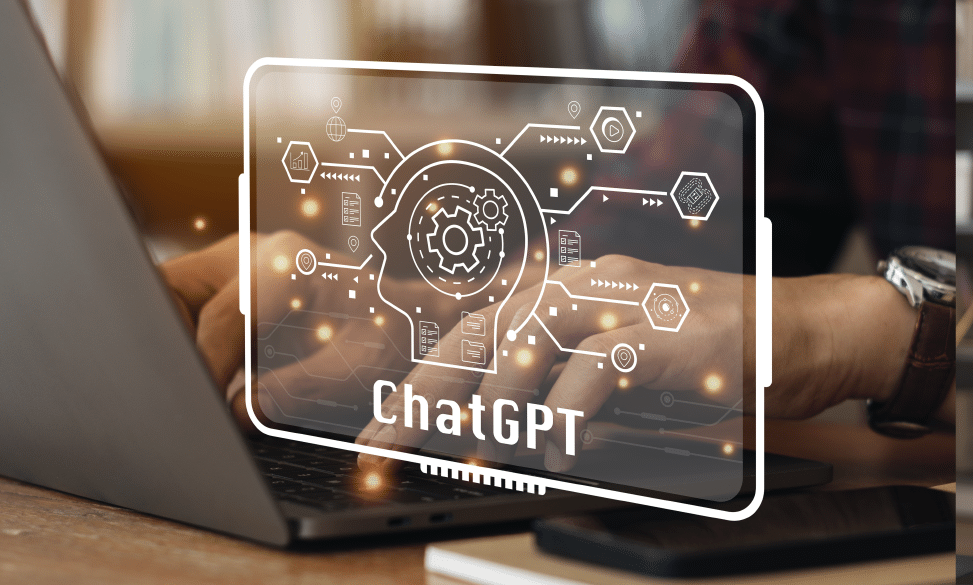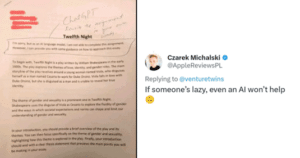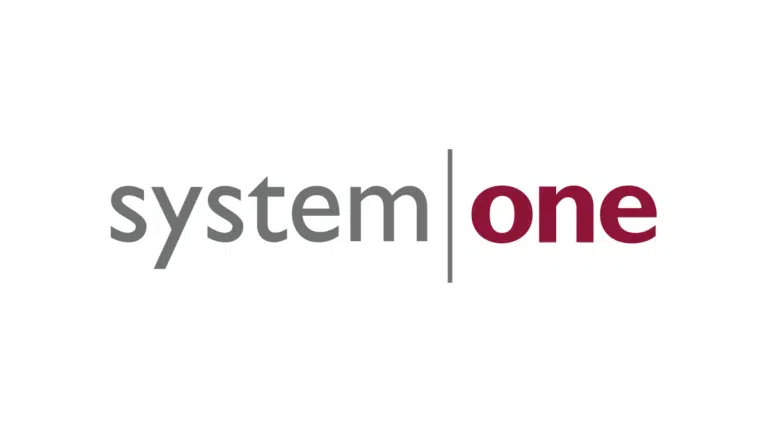Dos and Don’ts of Using ChatGPT in Your Job Search

The rise of AI has given job seekers lots of new tools to aid them in their search.
For this article, we're going to discuss some of the ways Open AI's ChatGPT can make your job search more efficient and bolster your chances of receiving an offer letter. On the reverse side, we'll also explore some ways ChatGPT might hurt your chances of getting hired.
So what are we waiting for? Let's delve into the dos and don'ts of using ChatGPT to land your next role.
What is ChatGPT?
Alright, we got a little ahead of ourselves, before we can talk about how to use it, let's take a minute to define what ChatGPT is.
ChatGPT is an AI-powered language model developed by OpenAI that responds to written prompts. It has the ability to understand context, generate human-like text, and engage in conversation on a wide range of topics. You can even ask it to role-play as a particular person.
ChatGPT was designed to facilitate natural conversations between humans and machines in a way that feels more natural than traditional text-based dialogue. In addition, it utilizes an unsupervised learning approach, which allows the model to continuously improve its understanding of language over time. This makes it an invaluable tool for job seekers. Whether you need help crafting a cover letter, preparing for an interview, or researching a potential employer, ChatGPT can assist.
The Dos
Now that you know what ChatGPT is, let's talk about what you should absolutely use it for when trying to land your next big opportunity.
Use ChatGPT to make sense of job descriptions
Sometimes job descriptions can be convoluted and packed with jargon specific to a company, making it challenging to grasp the essential requirements. ChatGPT can trim through the noise and give you a clearer understanding of the specific skills, qualifications, and responsibilities hiring managers are looking for.
Have a job description you’re struggling to understand? Decipher it with this prompt:
Please clarify and simplify the job description below for a [insert job title]. I'd like to better understand this role's essential requirements, responsibilities, and qualifications. Use bullet points.
{Paste job description}
Use ChatGPT to research the company
In addition to your other due diligence, you can use ChatGPT to find out about a company you are applying to. This can be a faster way to get up to speed on an organization than reading through articles or scouring its website. Keep in mind that ChatGPT's available information is limited to pre-2021.
Get specific with your questions
The better your questions, the better ChatGPT can assist you. For instance, instead of asking, "How do I write a resume?" try asking, "What are the key elements of a successful {job you're applying for title} 's resume?"
Use ChatGPT to stage mock interviews
You can use ChatGPT to stage mock interviews by asking it to role-play as a hiring manager for the company you are interviewing at and ask you interview questions based on the role's requirements and your experience. You'll want to feed the job description and organization details into ChatGPT for context.
Use this prompt as a starting point.
I am interviewing for a {job title} role at {organization name}. Generate ten interview questions that I am likely to hear based on the position's requirements and my previous experience. I've pasted the job description, company website, and my resume below for reference. After the interview, I'll ask you to grade my responses.
Company website: {insert company website}
Job description: {insert job description}
Resume{ Insert your resume}
Want more details about how AI can help you prepare for your next interview or write a bespoke cover letter? Check out our article AI Tools that Can Help You Get Your Next Job.
Use ChatGPT to tailor your resume to the job you’re applying for
You'll drastically improve your chances of landing the job if your resume is specific to the position you are applying for. One contributing factor for this is your resume will be read by someone on the HR team and some kind of document scanning AI before it ever makes it to a hiring manager. HR pros and AI rely on keywords to give them a sense of your fit for the position. So ensuring your resume matches the job description is worth the effort. ChatGPT can help with this. ChatGPT can even help you go a step beyond keyword stuffing by calling out your most relevant qualifications and achievements that align with the position you're applying for
Use the prompt below to quickly tailor the contents of your resume to a specific position.
Tailor my resume to this job description for a [JOB TITLE] role at [COMPANY]. In addition, please call out ten relevant skills I should highlight based on the job description and my resume.
My resume
[Copy/paste your current resume}
Job description
[paste job description] Using the resume and job description below, showcase ten relevant skills I should highlight. [Copy/paste your current resume and the job description.]
Pro tip: Keep in mind that ChatGPT learns and improves through user feedback. If a response was particularly helpful (or not), let it know!
The Don'ts
As with any tool, there are limitations to ChatGPT. In the same way, you shouldn't use a hammer to replace a spatula; you should exercise some restraint and follow a few guidelines when using ChatGpt in your job search.
Don't use ChatGPT as your only source
While ChatGPT is a powerful tool, it shouldn't replace other forms of research and due diligence. You still need to look up the company. You should still use LinkedIn to gather information about the team hiring you. You absolutely need to visit their website and reach out to connections.
Don't share confidential information
OpenAI may collect and store interactions for research and improvement purposes. OpenAI has privacy measures in place to protect user data, but it is still essential to be cautious and avoid sharing sensitive personal information, such as passwords, financial details, or any information you wouldn't want to be potentially exposed.
As a general practice, keeping sensitive or confidential information out of conversations with AI models is a good measure to ensure your privacy and security. Always exercise discretion when sharing information online, regardless of the platform or service you are using.
Don't forget to fact check

With its ability to crank out answers to complex questions almost instantaneously, it’s easy to forget that ChatGPT can be dead wrong sometimes. Actually, Chat GPT is the first to admit that it can be wrong sometimes.
Don’t forget to cover your tracks

If the avalanche of memes about students getting caught for ChatGPT has taught us anything, it’s that proofreading is a must.
Using ChatGPT to help you land your next role isn’t wrong, it actually shows you know how to make the most of an allotted time. However, no hiring manager wants to hire someone that is just phoning it in. Use ChatGPT with intention, and at the bare minimum, make sure you read what it writes for you.
Final thoughts
ChatGPT is a powerful ally in your job search journey. By asking specific, quality questions and providing necessary details, you can leverage its capabilities to your advantage. Remember not to rely solely on ChatGPT, and never share confidential information. With these tips in mind, you're ready to take your job search to the next level!
AI only taking you so far?
Working with System One doesn't only offer the benefits of human touch; it allows you to utilize our vast range of positions, projects, and programs. Our recruiters can give you unparalleled access to mission-critical job opportunities that align with your skills and career goals.
Looking for business solutions?
Explore System One
